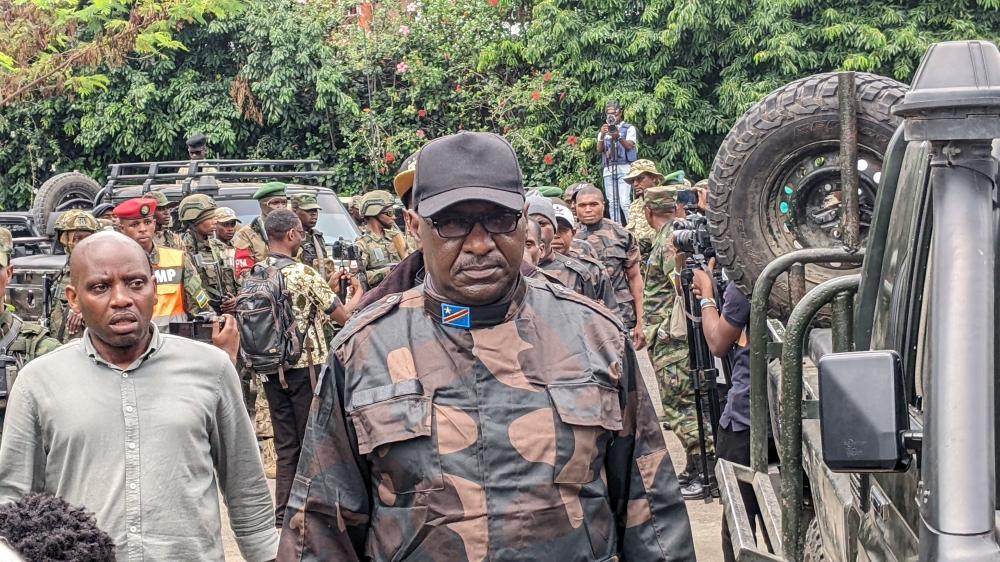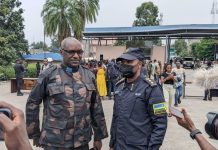Africa-Press – Rwanda. The recent U.S.-brokered peace agreement signed in Washington on June 27 between Rwanda and the Democratic Republic of Congo represents a decisive step toward stabilising the Great Lakes region.
It acknowledges a shared commitment to cease hostilities, and end support for armed groups such as the FDLR which has remained a common denominator in the instability that has bedeviled our region for over three decades.
Yet, as we move forward, certain international advocacy organisations known for their agenda-driven reports continue to sow doubt and division, which risks to undermine this fragile peace initiative.
Human Rights Watch, among others, has returned to outdated narratives, portraying Rwanda’s legitimate security concerns as sinister overreach. Their recent statement accusing Rwanda of orchestrating forced transfers via the M23 in eastern Congo echoes conspiracy more than credibility.
By presenting misleading accounts based on circumstantial evidence, these reports serve only to discredit Rwanda’s well-founded emphasis on neutralizing the FDLR, a group whose genocidal pedigree remains relevant even today.
We must be clear: Rwanda’s concerns are neither invented nor inflated. The FDLR comprises hardline elements responsible for the 1994 genocide against the Tutsi and has operated from Congolese soil, threatening national stability.
The peace accord itself recognizes that the DRC must end its support for this group, while Rwanda agrees to withdraw troops—clear acknowledgment that the FDLR remains a vital security issue.
Yet, organisations like Human Rights Watch appear more interested in narrative disruption than constructive dialogue. By framing Rwanda’s actions as aggressive or unlawful, they undermine the spirit of compromise that made the Washington Accord possible. These attacks not only bias global opinion, they risk emboldening forces in the region who wish to derail peace.
It is time for countries genuinely invested in stability notably the United States to hold such organisations accountable. The Trump Administration, which helped broker the agreement, should unequivocally rebuke such agenda-driven reporting. It must insist on balanced assessments driven by fact, not by sensationalism or political bias.
Peace in the Great Lakes Region cannot withstand double standards. If international watchdogs refuse to engage responsibly, their influence must be curtailed. The fragile progress made in Washington deserves protection, lest once again, external agendas sabotage our collective quest for lasting peace.
Source: The New Times
For More News And Analysis About Rwanda Follow Africa-Press






